Foods High in Potassium

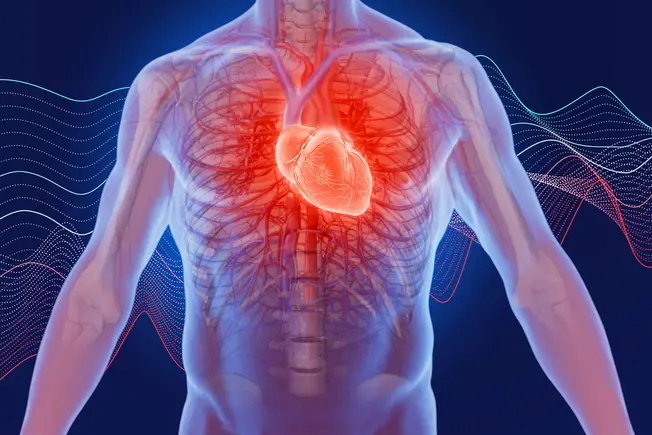
Potassium and Your Health
You need this mineral for all of your cells to work like they should. It plays a role in helping your heart beat and your muscles contract. A diet high in potassium also keeps your blood pressure in a healthy range. Many Americans don't get as much potassium in their diet as health officials recommend. But if your doctor says your potassium levels are too high, you might need to avoid certain kinds of foods.
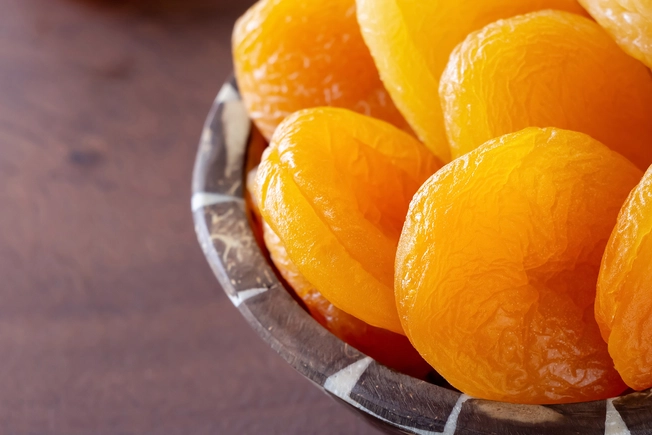
Dried Apricots
These chewy fruits are one of the best food sources of potassium, with 1,100 milligrams for a 1/2 cup serving -- nearly 25% of the recommended daily amount. Dried apricots are also high in fiber and disease-fighting substances called antioxidants. But skip this snack if your goal is to lower your potassium levels.
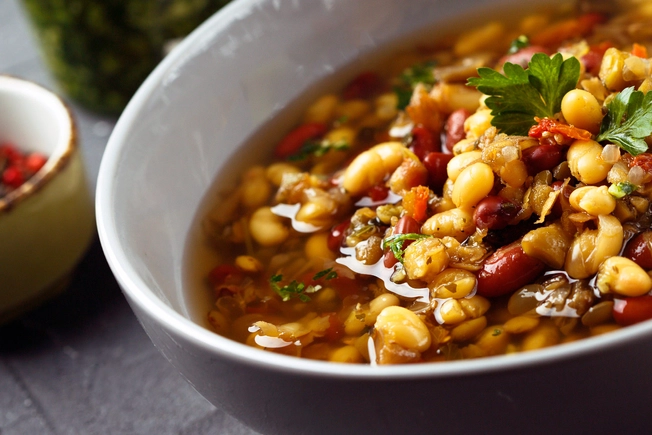
Lentils
These legumes pack a lot of nutrition into their tiny round shape. One cup has more than 700 milligrams of potassium, plus plenty of fiber, folate, and antioxidants. Lentils digest slowly to make you feel full longer and keep your blood sugar steady. But cut down on the amount you eat if you're on a low-potassium diet.
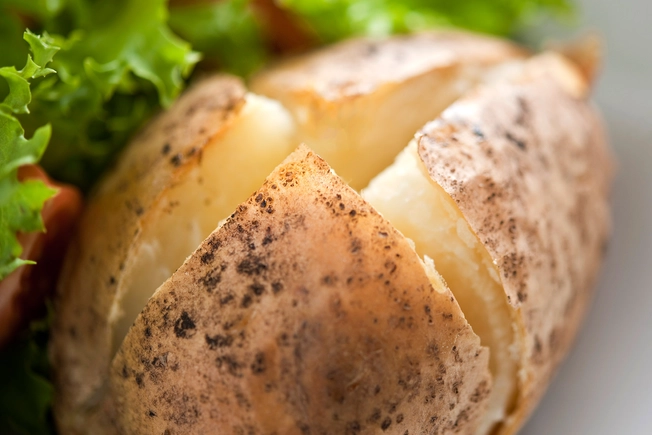
Baked Potato
Potatoes are hearty and versatile, and much healthier than you might think. Along with 940 milligrams of potassium, baked potatoes are high in vitamins C and B6. Plus they're low in sodium and cholesterol, and nearly fat-free. Sweet and red potatoes are also nutrient-rich. But if you want to lower your potassium levels, you might want to keep potatoes off the menu.
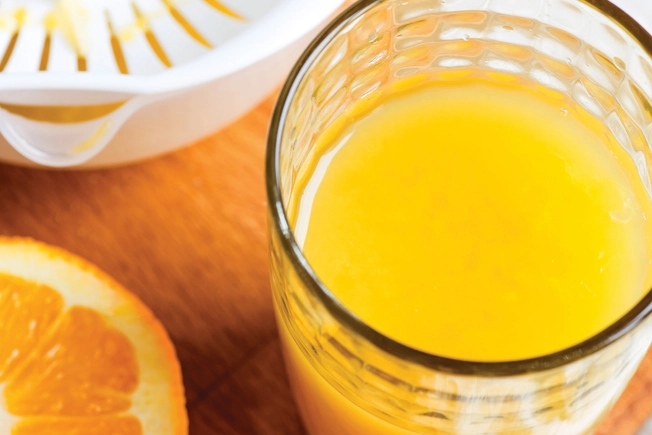
Orange Juice
This breakfast beverage provides nearly 500 milligrams of potassium per 1-cup serving. You can squeeze it yourself, but store-bought brands add in calcium and vitamin D to strengthen bones and teeth. Enjoy your OJ, but stick with one 8-ounce glass at breakfast time. Each glass has more than 100 calories and over 20 grams of sugar. Give this juice a pass when your goal is to curb your potassium levels.
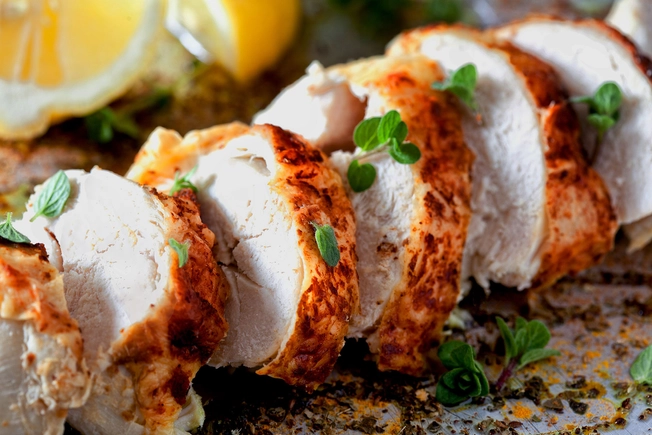
Chicken Breast
Chicken is a good source of potassium, with more than 330 milligrams in each 3-ounce serving. It's also packed with lean protein. Breast meat is better than wings and thighs when it comes to fat and calorie content. Keep it skinless to trim fat and calories even more. But think twice about this food if you're looking to cut down on potassium.
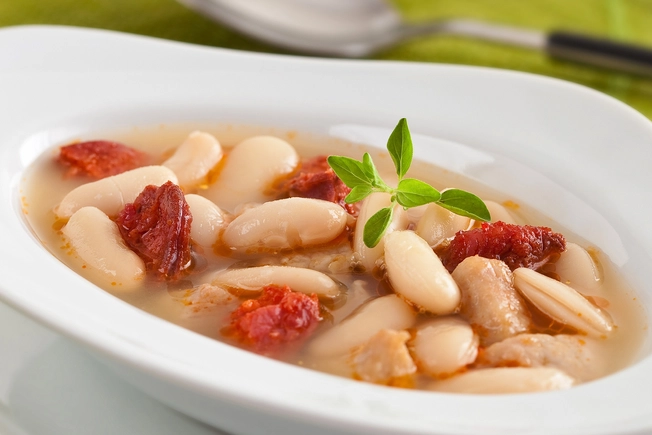
White Beans
Add these legumes to soups or stews, and you'll boost the flavor and fiber content of your dish. You get about 10 grams of fiber and nearly 600 milligrams of potassium in a half-cup serving. As an added bonus, these beans are low in fat. But consider other options when you need to lower your potassium levels.
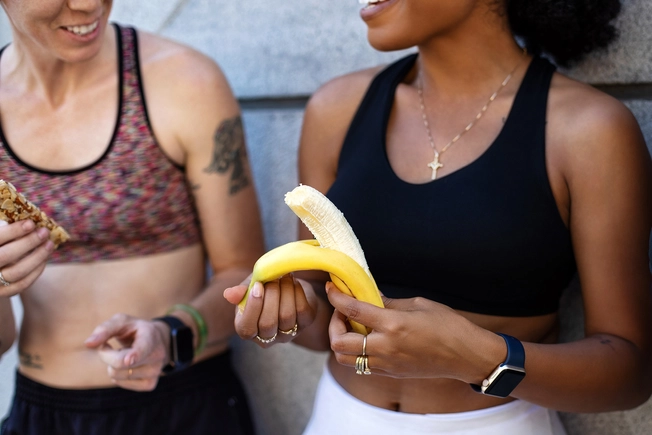
Bananas
They sometimes get a bad rap for their high sugar content (15 grams per serving), but there's no evidence they promote weight gain. Just one medium banana gives you nearly 10% of your daily potassium needs -- 422 milligrams. Each of these fruits is also packed with fiber, magnesium, and vitamins C and B6. But you might not want to make bananas your go-to snack if you're on a low-potassium diet.
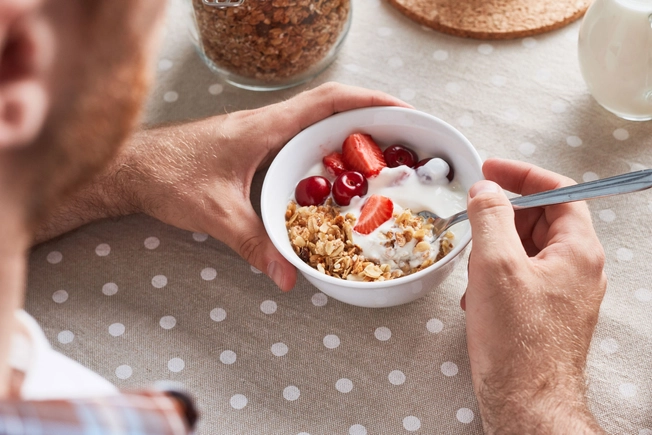
Yogurt
One cup of yogurt will give you nearly 580 milligrams of potassium. It's also a good source of protein and calcium. The brands with live, active cultures contain probiotic bacteria that are good for your gut and may protect you from diseases like type 2 diabetes and irritable bowel syndrome (IBS). But look for other snacks when you want to cut down your potassium.
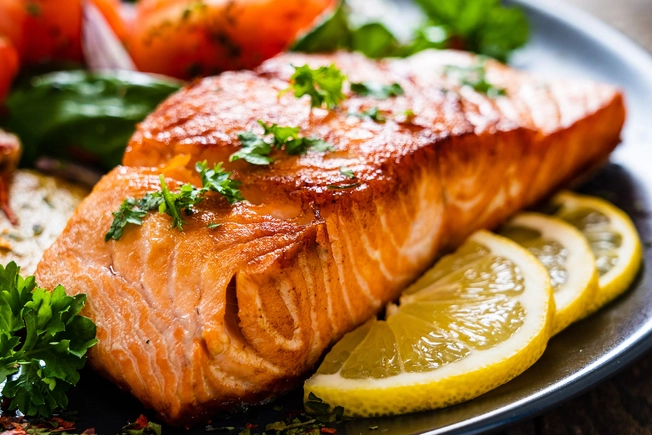
Salmon
Grilled, baked, or poached, salmon has nearly 330 milligrams of potassium per 3-ounce serving. This oily fish is also high in omega-3 fatty acids, which protect your heart. But it might not be right for you if your potassium levels are high.
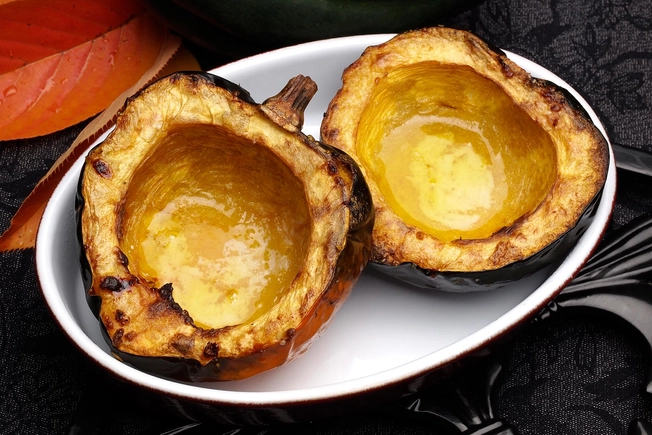
Acorn Squash
This winter vegetable can be a hearty addition to soups, stews, and casseroles that will fill you up for just 58 calories per serving. Along with supplying more than 640 milligrams of potassium per cup, acorn squash is a good source of beta-carotene and other plant compounds that protect against cancer. It's also high in vitamins C and B6, fiber, and magnesium. But it's not an ideal choice if you're on a low-potassium eating plan.
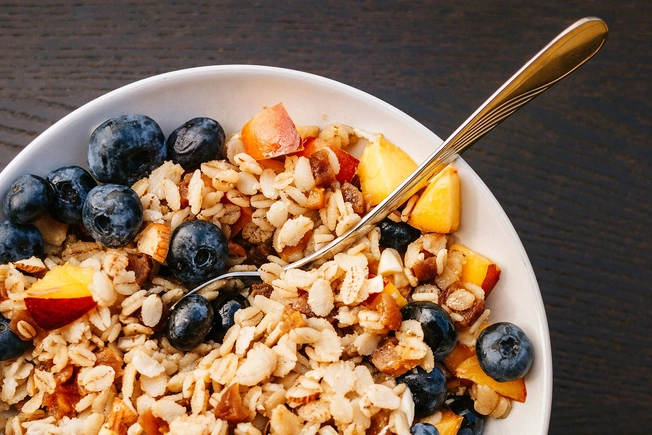
Breakfast Cereal With Milk
One cup of low-fat milk supplies 366 milligrams of potassium, as well as calcium and vitamin D. Pour it over a healthy cereal such as bran flakes, shredded wheat, or oatmeal that's been fortified with nutrients. But start your day another way if you're concerned about high potassium levels.
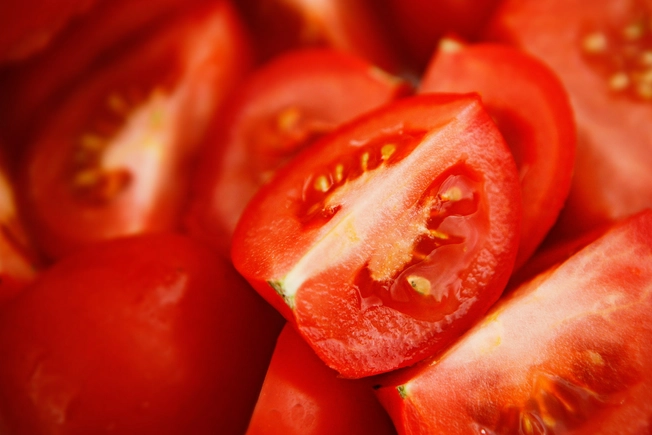
Tomatoes
This salad and burger topper, which is considered a fruit, not a vegetable, contains nearly 300 milligrams of potassium. You don't need to eat your tomatoes whole to gain all of their health benefits. Diced or stewed, they're high in vitamins A, C, and K, along with the antioxidant lycopene. But avoid tomatoes when you're trying to curb potassium levels.
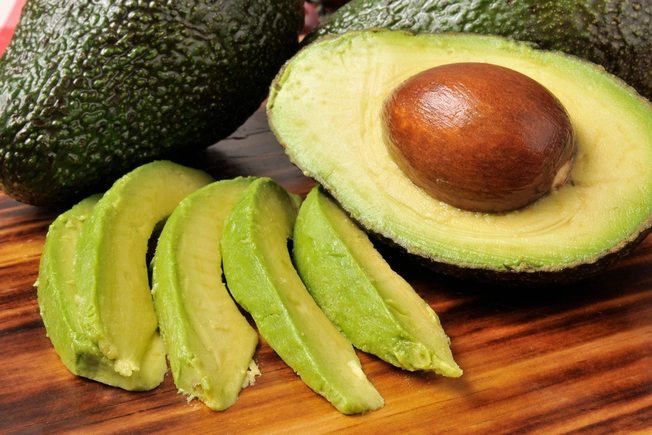
Avocado
Mashed avocado on toast is all the rage these days, and for good reason. Avocadoes aren't just trendy. Whether added to tacos or salads, they're a good source of unsaturated fat, along with 364 milligrams of potassium in each half-cup serving. But if you're concerned about weight gain, keep in mind that one avocado has 300 calories. Also avoid avocados when you want to lower your potassium levels.